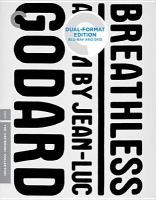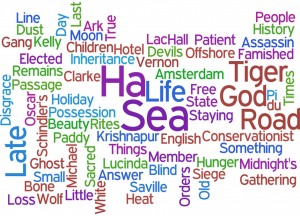In the movies, crime might not pay; quite the opposite generally. But it’s a different outcome for the audience – they make their getaway from the experience all the richer with a metaphorical loot-bag of rewards for their eyes, ears and mind – not a bad haul for their viewing efforts. And best of all? No one has to split up the riches! (If I’ve learned anything after watching a lot of crime films I’ve come to appreciate that the divvying up of spoils is so often where things go very wrong)
Okay, I’ll stop before I get arrested for torturing the metaphor any further.
Like many people, I enjoy genre films. The biggest genre out there may be the one that I’ll refer to broadly as crime films. I gravitate towards crime movies in all their varieties: the heist film, the gangster film, prison break film, police procedural and so on. Always popular, they keep coming to the screen year after year.
Why are people drawn to crime films? Maybe similar to horror films, there is some degree of escapism, but also catharsis and perhaps curiosity about how (or if) it will all be resolved by the time the end credits roll. No doubt about it, times are hard right now so maybe it’s the relief that comes after watching the action and telling yourself “Well…at least I’m having a better day than those guys there.” Sure you have spent 23 of the last 24 hours inside but you’re still probably thankful that it’s not you who is on the lam (unless it’s the ever-cool Jean-Paul Belmondo and Jean Seberg in Breathless in which case maybe you wouldn’t mind being them…just for a bit.) 
One thing that draws me to of the films I’m going to look at is that being from the 1950s – 1970s they give me a chance to see the character of cities like Paris and London as they used to be. The era before most urban landscapes became dominated by a glut of global franchises creating a look of sameness.
And just maybe since I haven’t worn anything that includes a collar for over 6 weeks I enjoy a little nattiness on the screen – because I sure don’t see it when I look in the mirror these days. (Although I remain very much unconvinced a fedora has any place in 21st century fashion)
A few weeks ago I took a look at Italian crime films from the 1970’s available on Kanopy. As mentioned, I’ll stick with older films in the crime genre but this time I’ll look at how they do it around the globe. Starting with France which is the headliner here. In that last entry I wrote about how none of the movies being discussed will ever be candidates for a Criterion release. Well, it’s quite the opposite with the French movies. Many of them received the high brow treatment and are in fact available through the Criterion Collection and of course through Kanopy.



